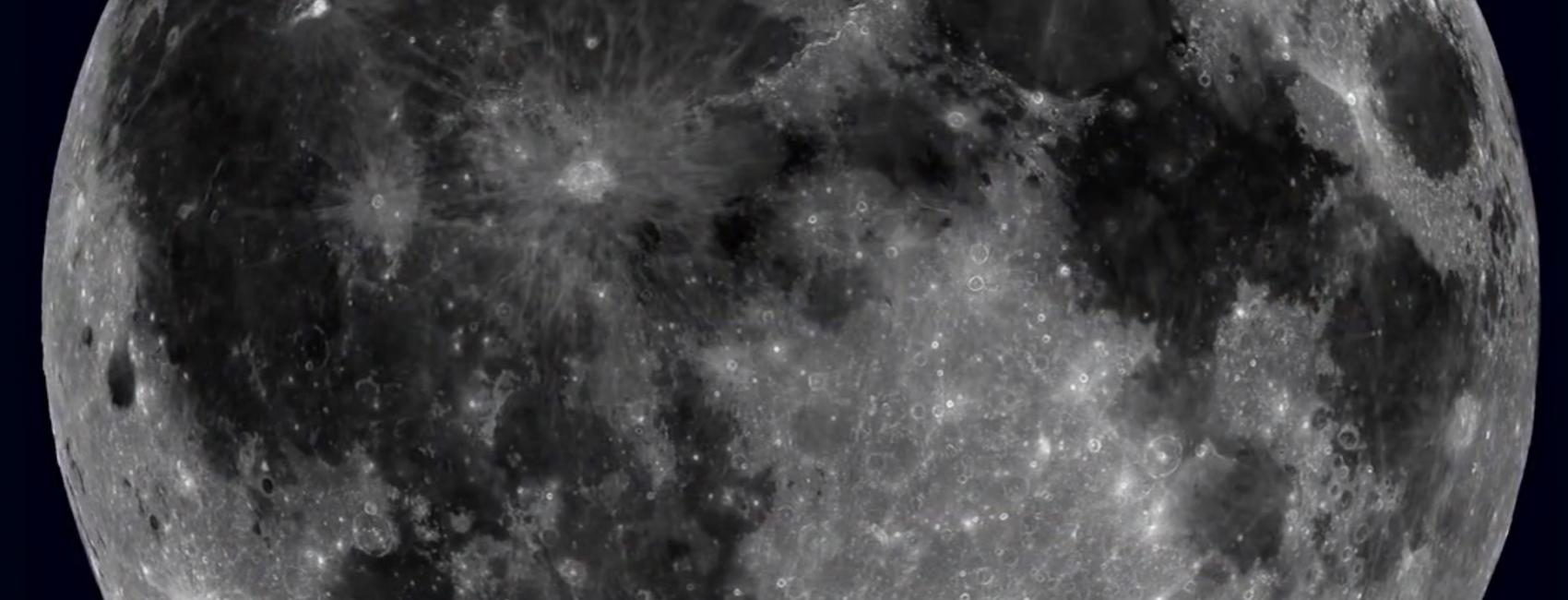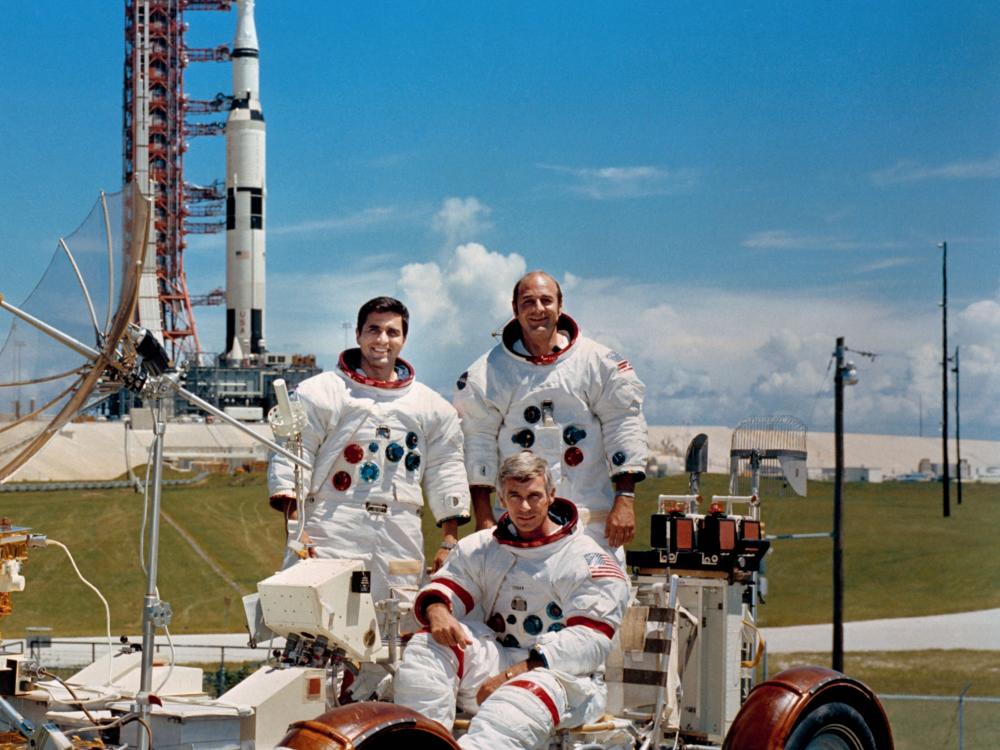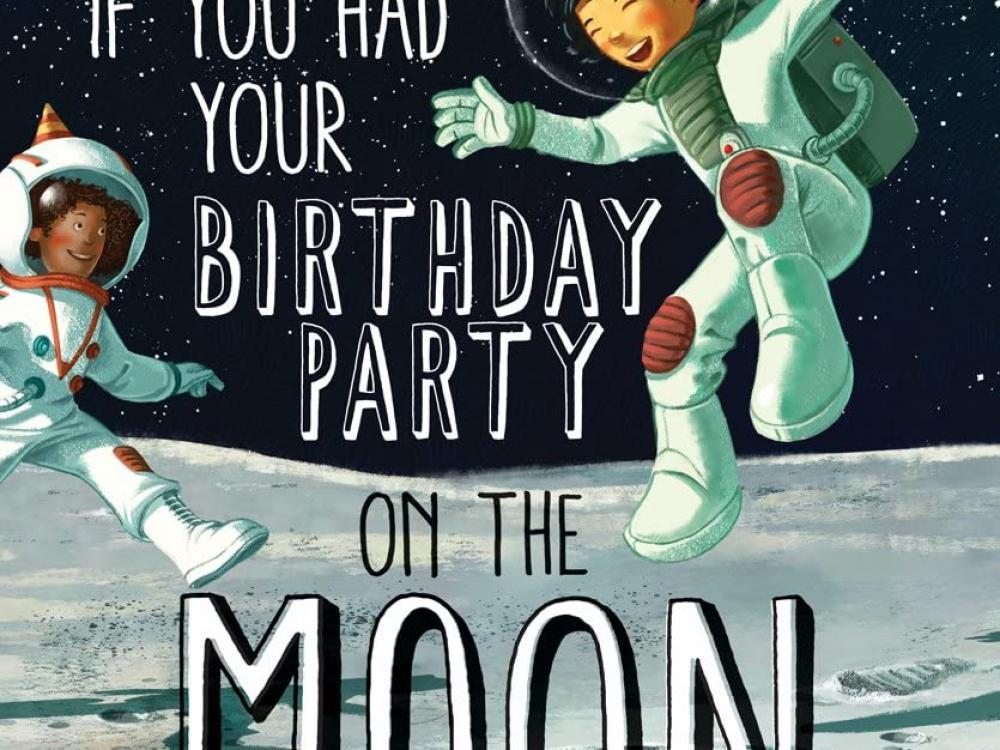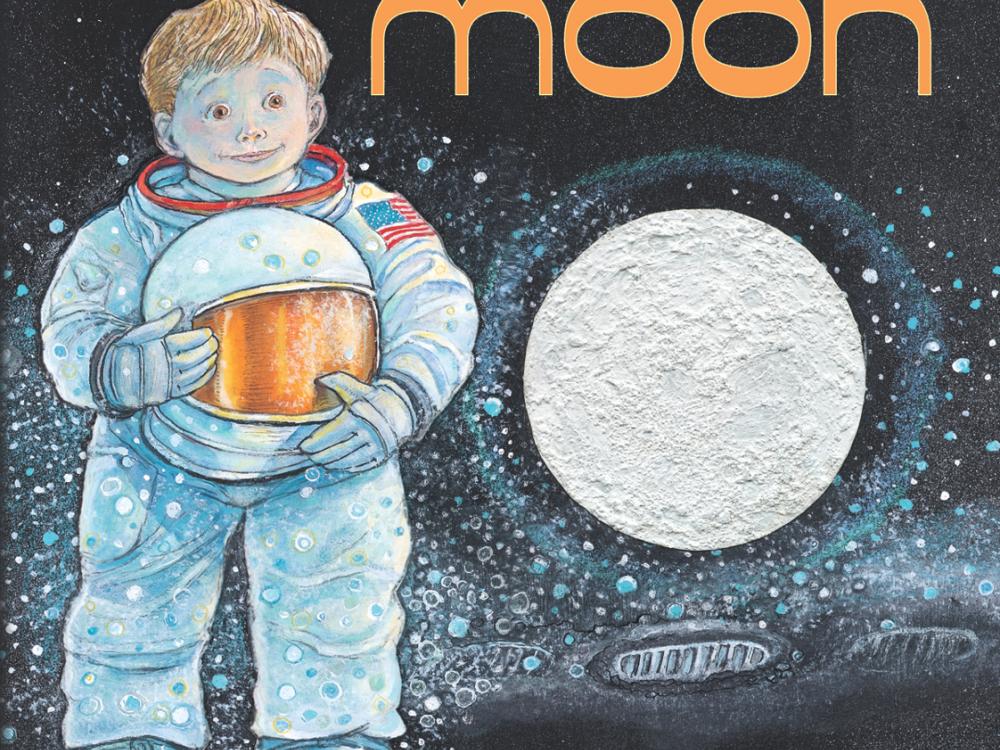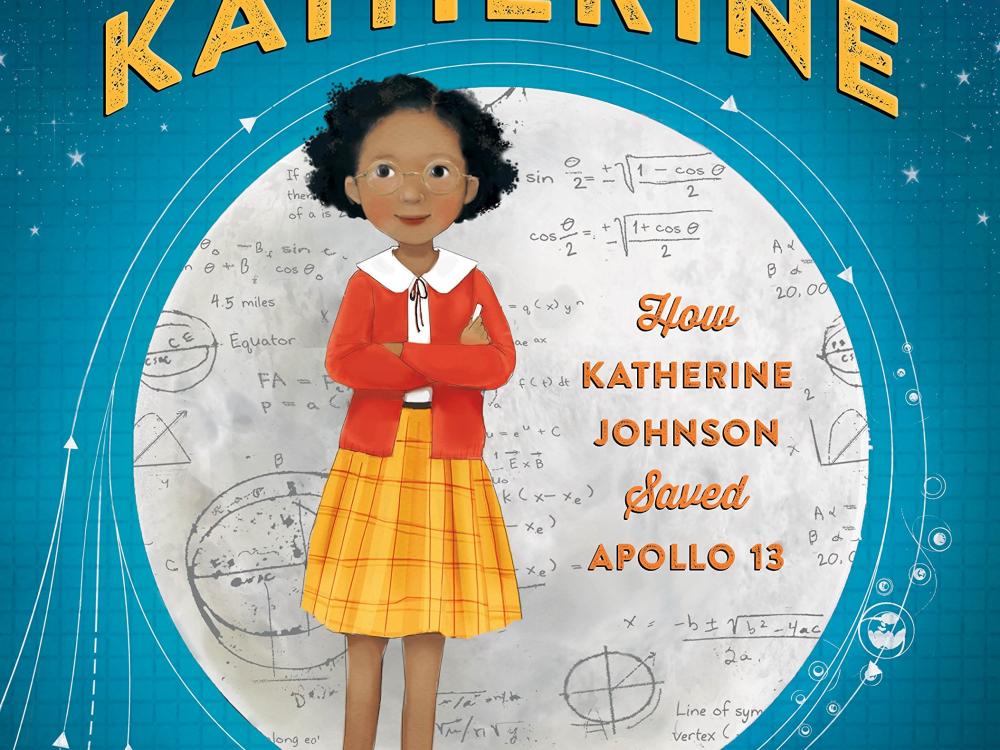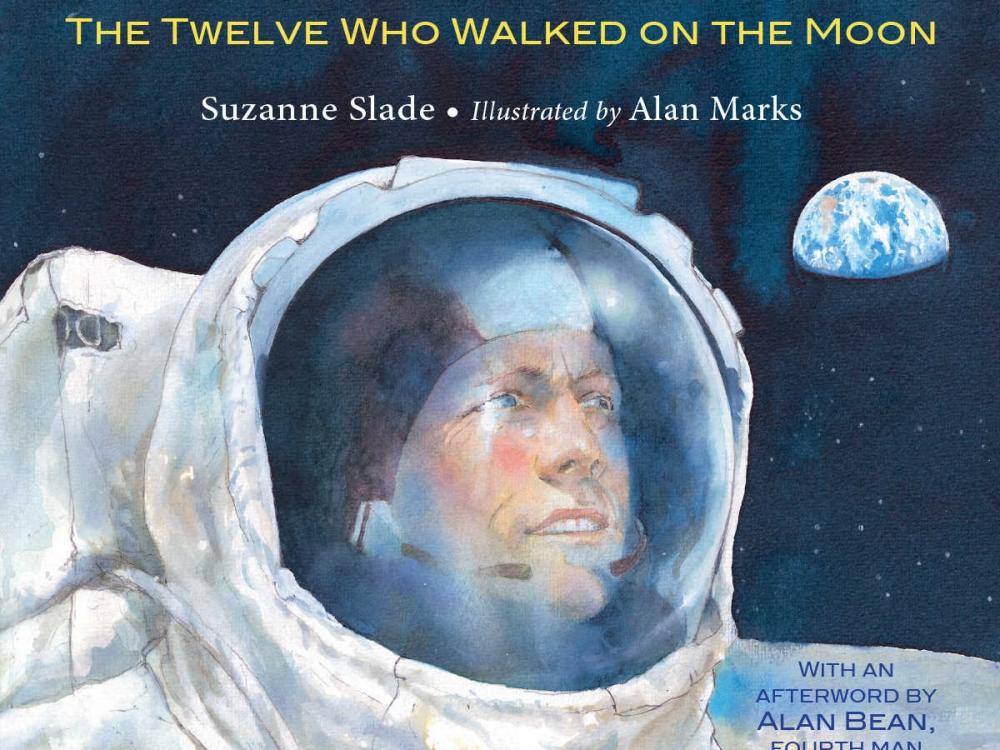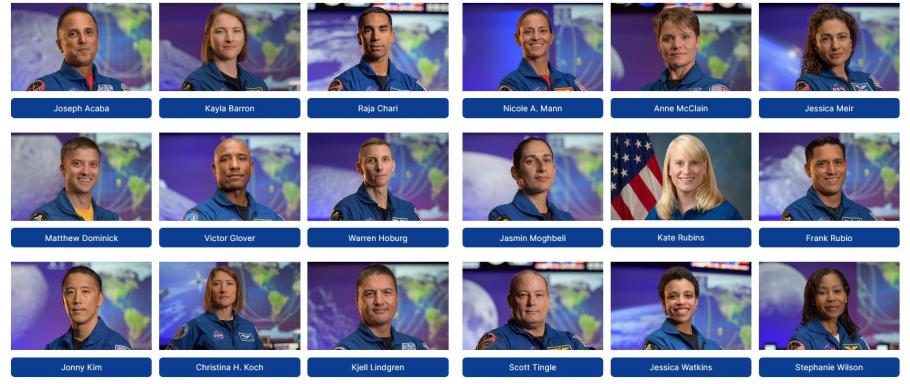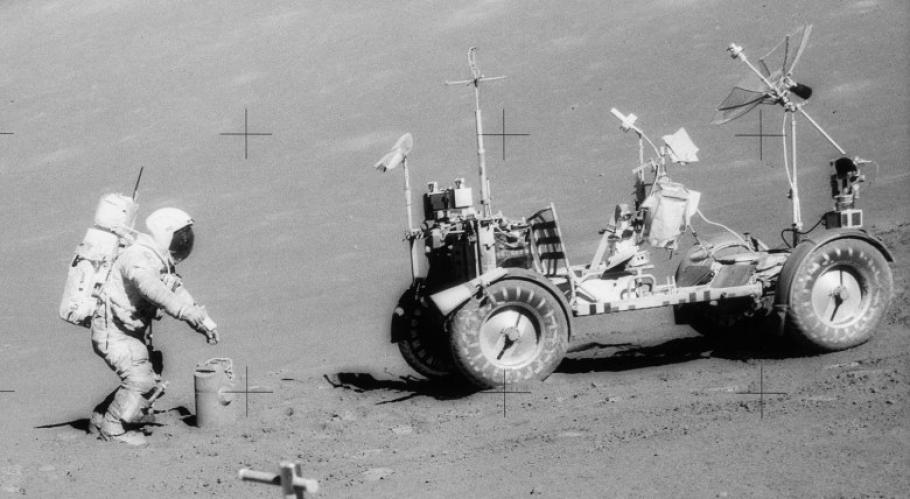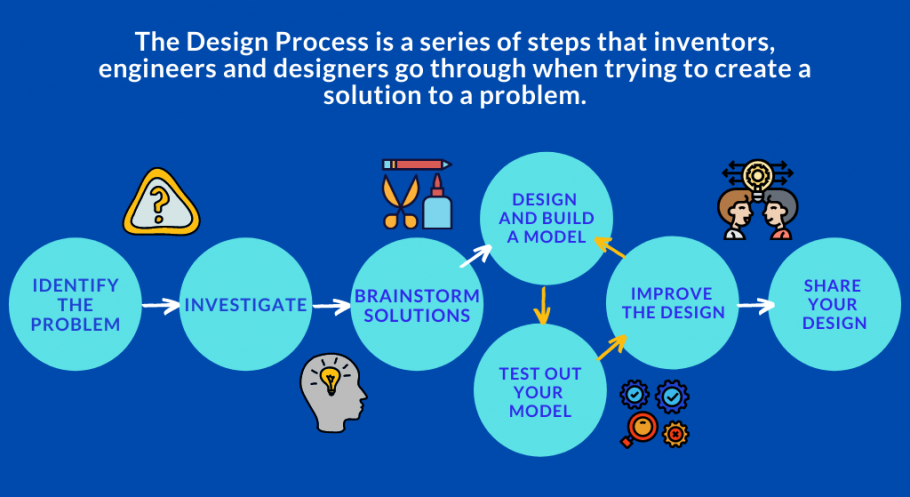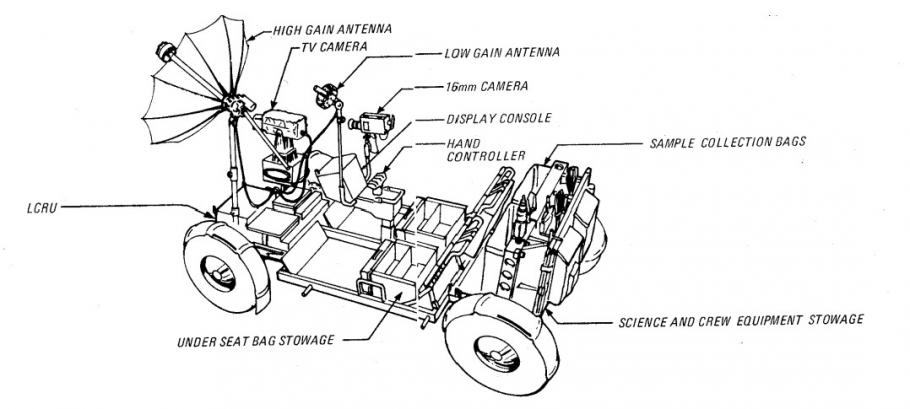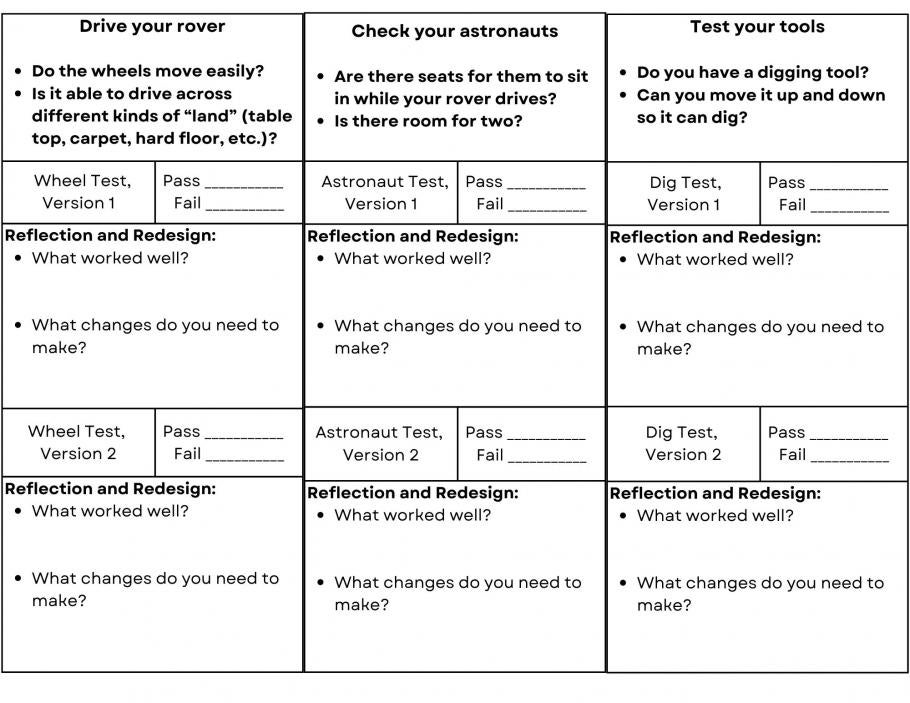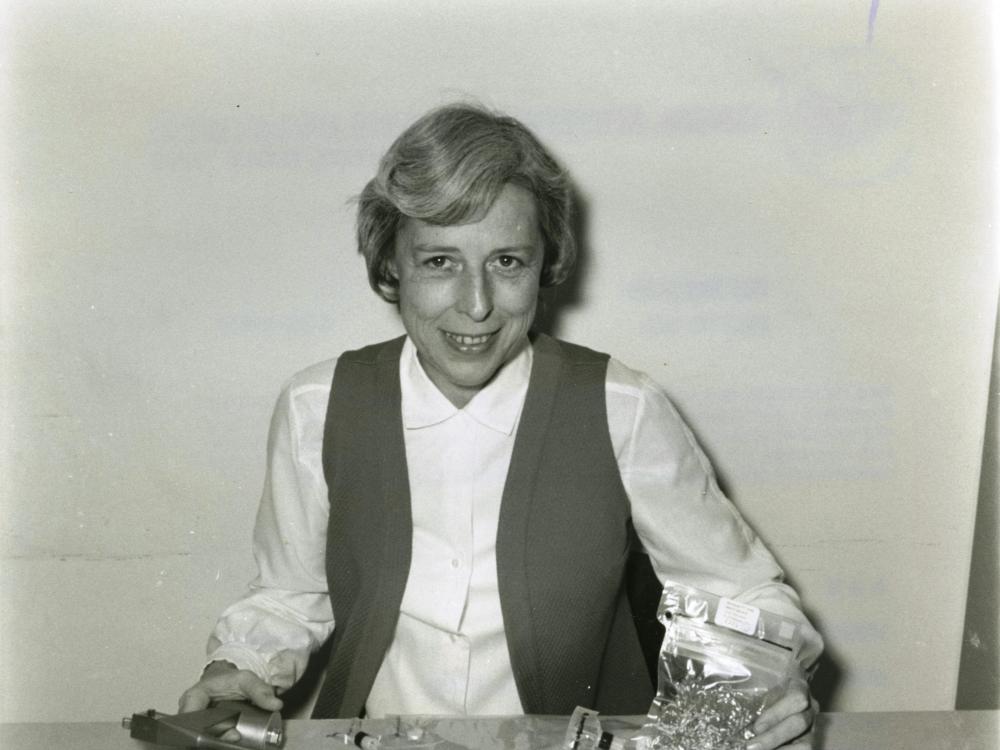1 - Number of scientists sent to the Moon during the Apollo program. During the Apollo 17 mission, geologist Harrison Schmitt, became the first scientist to visit and work on the Moon.
4.5 - Number of hours the Lunar Roving Vehicle (LRV) drove during Apollo 17. This was the longest total time any of the Apollo mission LRVs were used.
50 - Number of years since the last person, Gene Cernan, was on the Moon.
75 - Numbers of hours on the Moon. This was the longest time of any Apollo mission.
741 - Number of individual rock and soil samples collected during Apollo 17, the most collected during any Apollo mission.

